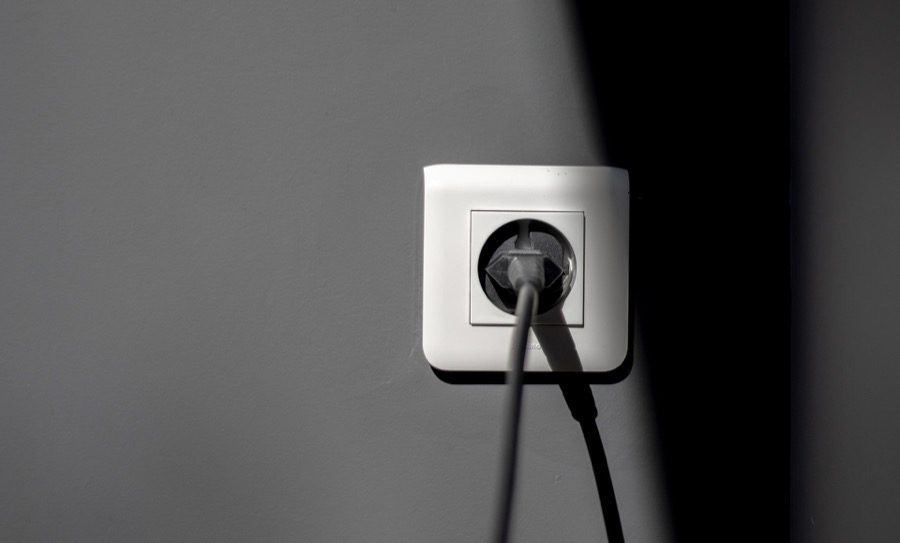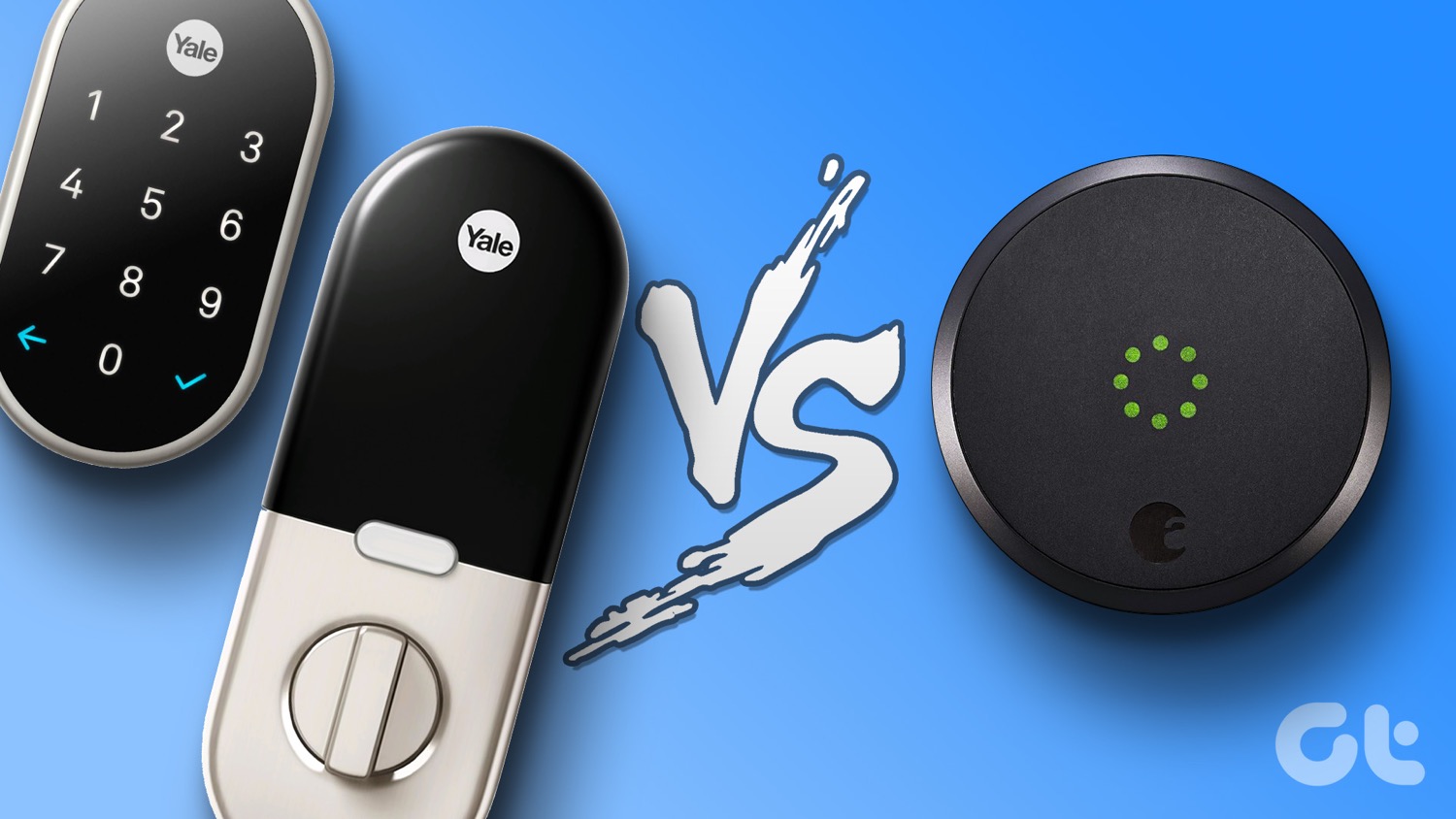So, should you pick a smart plug over a smart outlet? And what are the benefits that a smart plug brings to the table? Well, that’s where we come in. In this post, we compare smart plugs with smart outlets to see which is right for you. Let’s jump right in, shall we? But before that,
Here are the best Wi-Fi extenders that you can buy Take a look at these smart locks that work with Google Home
What Can a Smart Plug Do
Smart plugs are just like conventional plugs, and you can fit them anywhere, be it an outlet in the kitchen or in the bathroom. The good part is that most smart plugs like the Kasa Smart Home Wi-Fi Outlet come with a dedicated on/off switch, and you can keep them switched off. Like smart lights, these plugs are controllable from smartphones or voice commands. They come with a built-in Wi-Fi chip that connects to your home network. The portable nature means they can be easily removed and moved around the house. So if one day you decide that the living room lamp has more priority over the coffee machine, you can switch the places and program it accordingly. And it’s not just lamps that work brilliantly with smart plugs. You can connect other equipment too. For example, you can pair bathroom and kitchen geysers to a heavy-duty smart plug and programmed a Good Morning routine. This removes the hassle of switching them on every morning and you wake up to hot water in the sinks. You can switch off the plugs when needed.
What Can a Smart Outlet Do
Smart outlets work similar to smart plugs, only that they are more permanent. They fit over the existing power outlet cavity and need more than a simple plug-and-play process. However, smart outlets are permanent fixtures.
Additional Features
One of the most common use cases of smart plugs and smart outlets is the convenience of turning them on or off using voice commands or routines. You no longer have to worry about forgetting to turn off lights or appliances. Just ask a voice assistant to work with the smart speaker to turn it off. Apart from that, some smart plugs also come with energy monitoring logs, and view the amount of energy consumed. If you have an energy-hogging gadget, you can identify and replace it to save energy costs. At the same time, you can improve energy usage habits efficiently. For instance, the Kasa HS300 (not a power outlet in the strictest sense), lets you know your usage habits in terms of kWh.
Wiring & Installation
One of the major advantages of smart plugs is that you can plug them into any electrical outlet. And when needed, you can also shift them elsewhere. All you need to do is connect the plug to your home Wi-Fi and your phone, and from there on, everything is a cakewalk. The portable factor comes to the picture if you move places frequently. On the other hand, connecting a smart outlet is a little challenging, especially if you are not well-versed with your house’s circuitry. In a typical scenario, you may need to unplug the existing power outlet, clean it up and remove the existing wires. Next comes putting up the smart outlet and connecting the necessary parts and wires. And of course, do not forget to seal up the sides with plaster to achieve a clean look. And then comes the part where you connect the smart outlet to your home network.
Pricing
Now, let’s address the elephant in the room—Pricing. Smart plugs being a popular product, are not as costly. The cost for a single product usually starts at around $15. On the other hand, smart outlets can cost a little more and start around $20 for a single unit. The clever thing to do here is to get a bunch of these outlets/plugs together.
Smart Plug vs. Smart Outlet
So which one should you choose? Well, it mostly depends on your requirements. For instance, smart plugs are portable and you can plug them into any outlet to turn any of your appliances into smart devices. The affordable price tag means even if they stop working after a few years, you can replace them. On the other hand, smart outlets are permanent fixtures. If they stop working after a few years/months, you will run the risk of installing them again. Of course, that requires calling a certified electrician, and that only adds to the cost. If you think a particular device will be (forever) connected to the smart outlet (such as water geysers, water heaters, or radio), investing in a smart outlet makes more sense. The above article may contain affiliate links which help support Guiding Tech. However, it does not affect our editorial integrity. The content remains unbiased and authentic.















